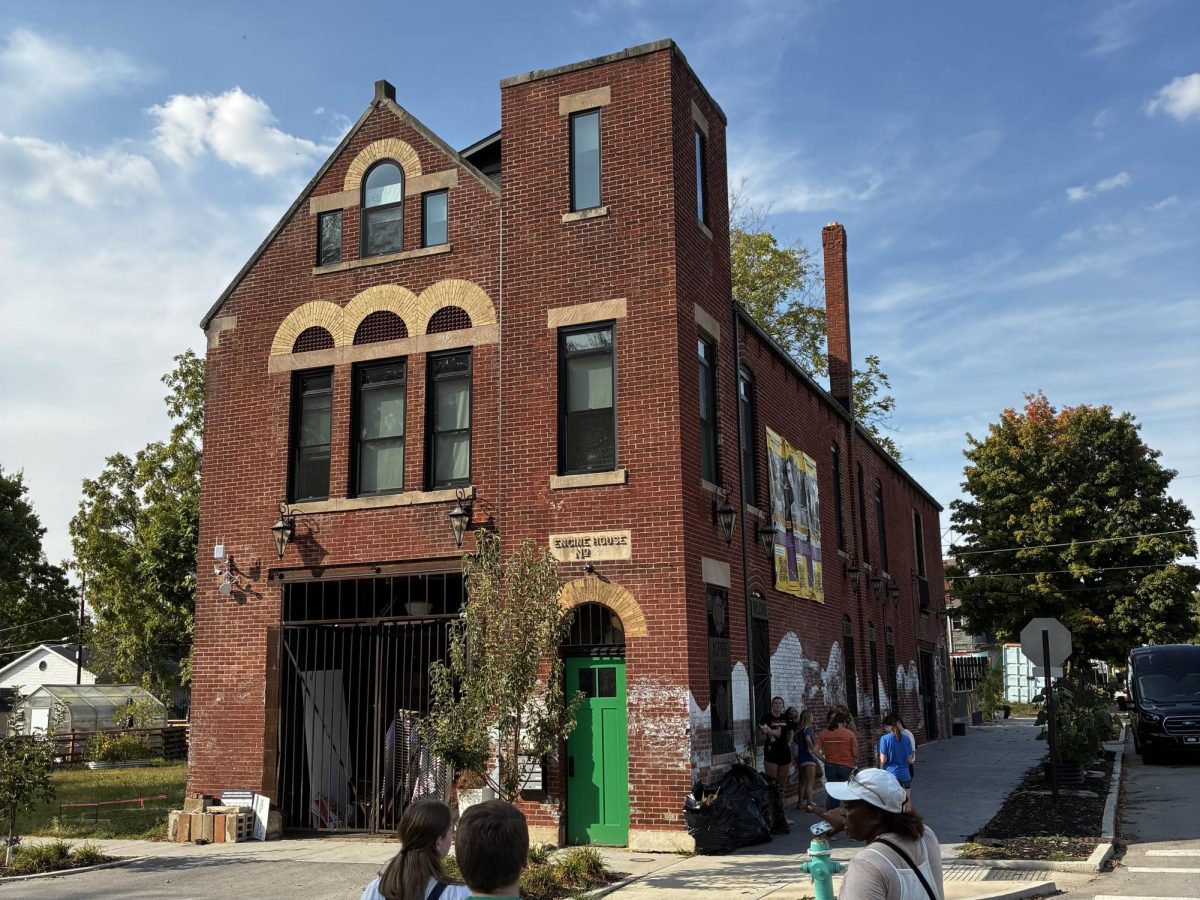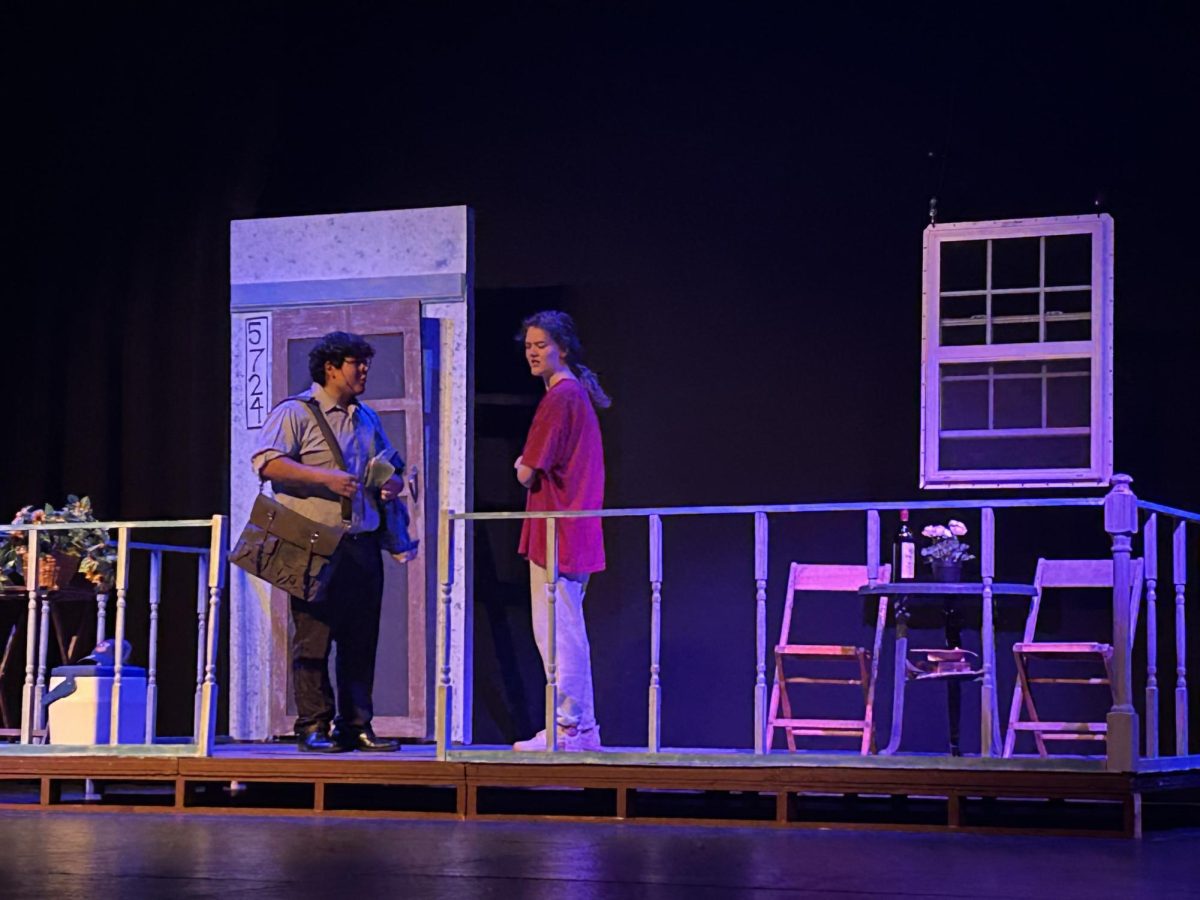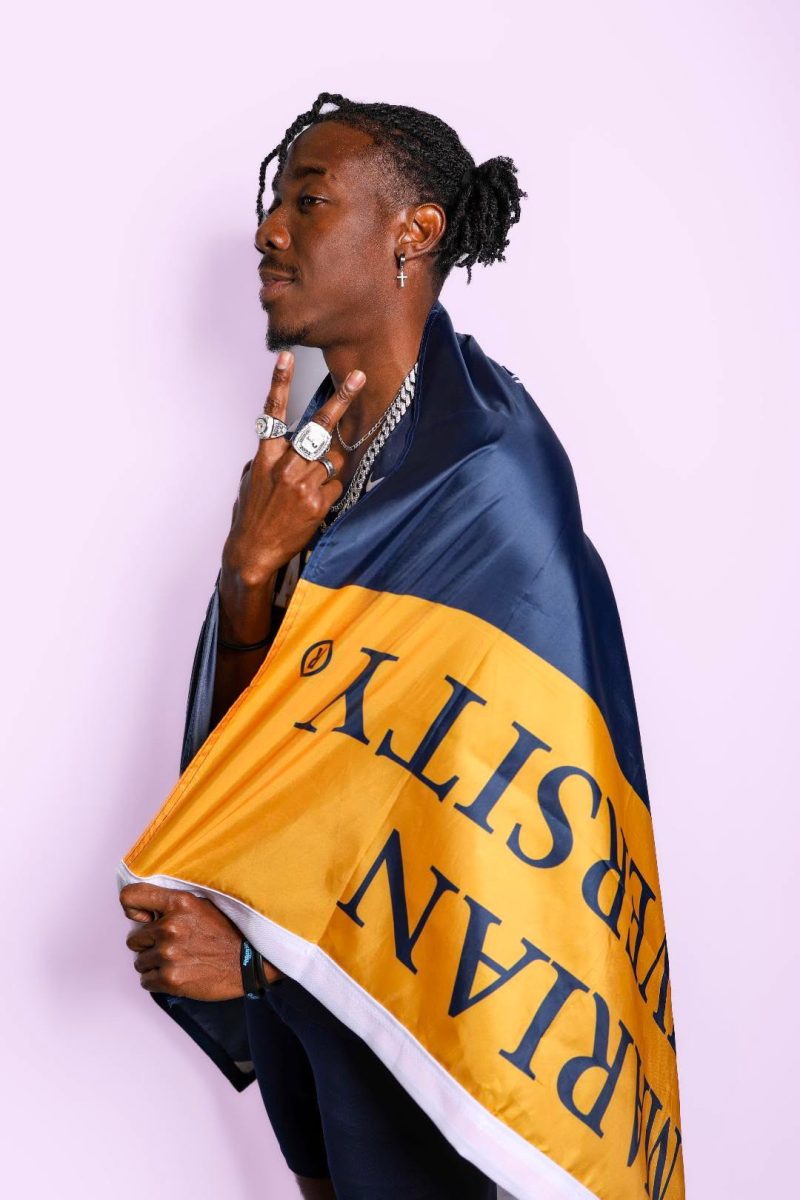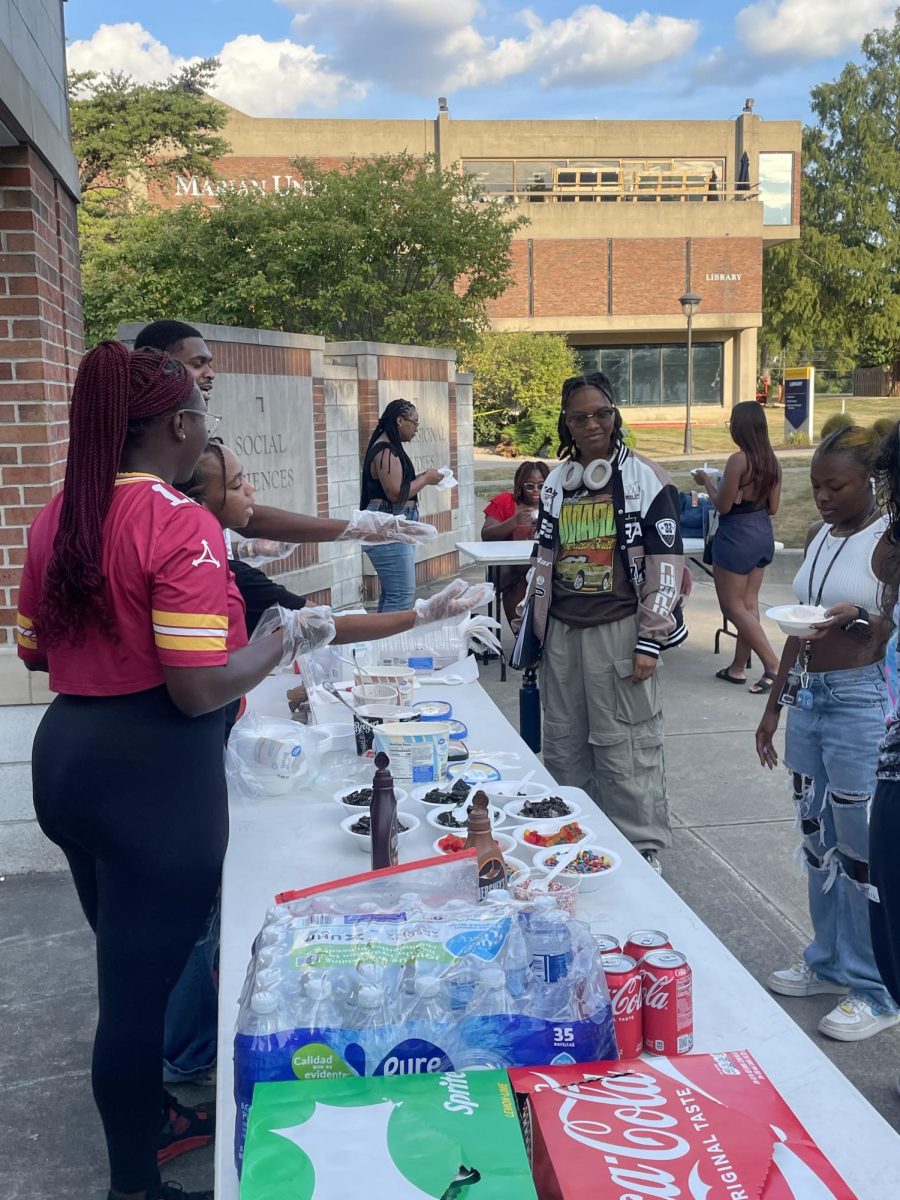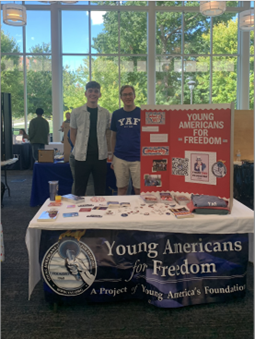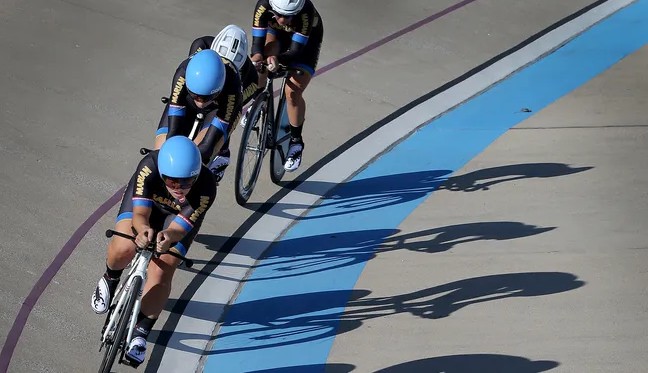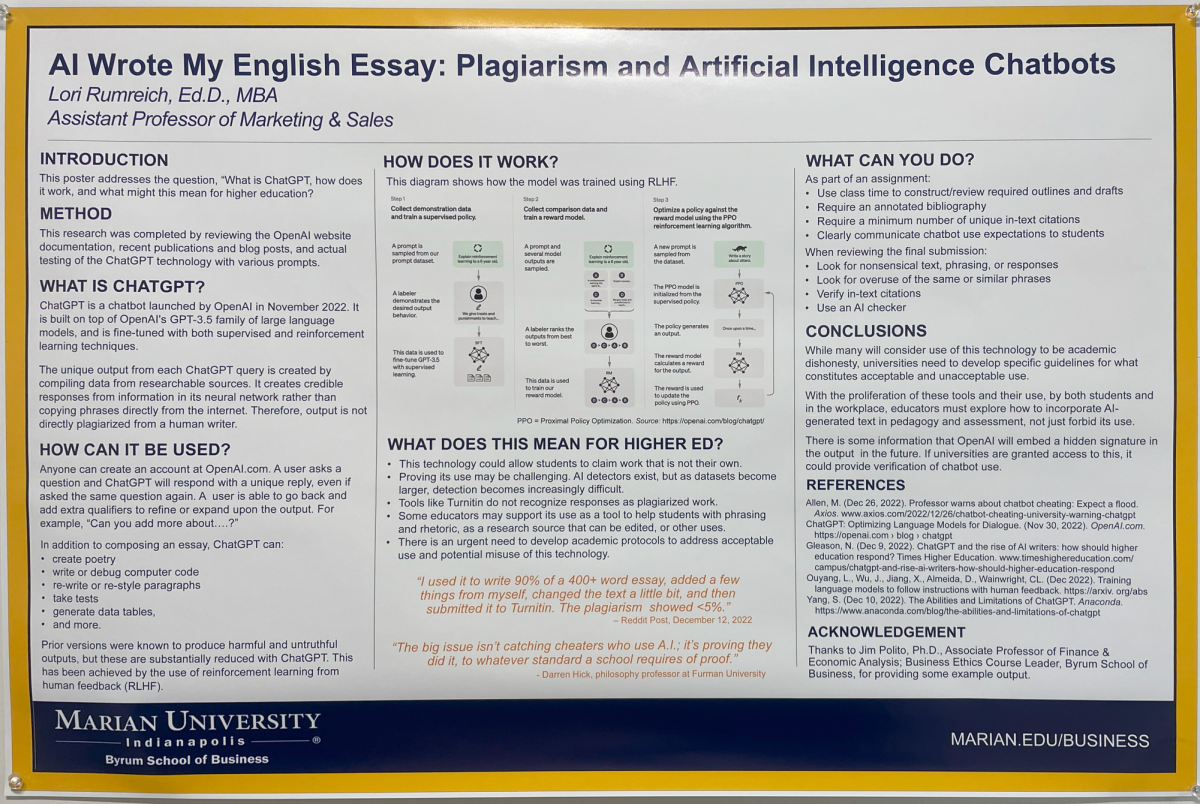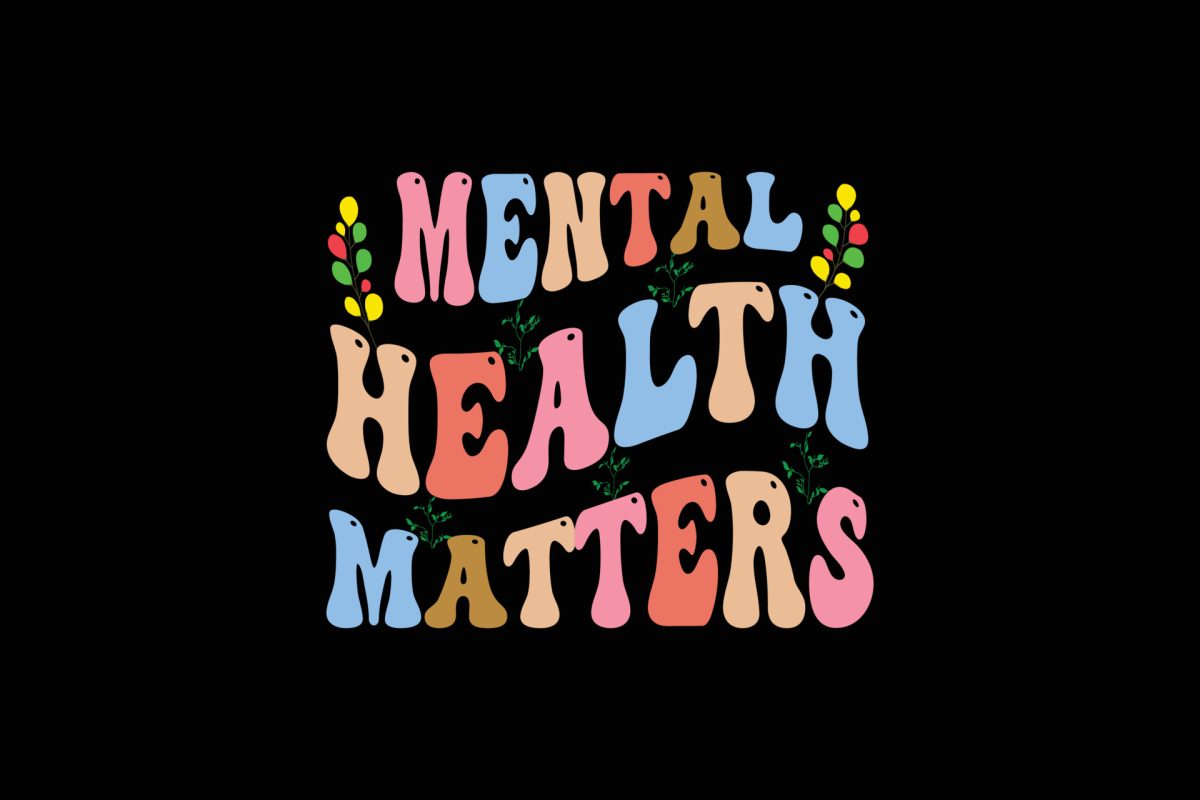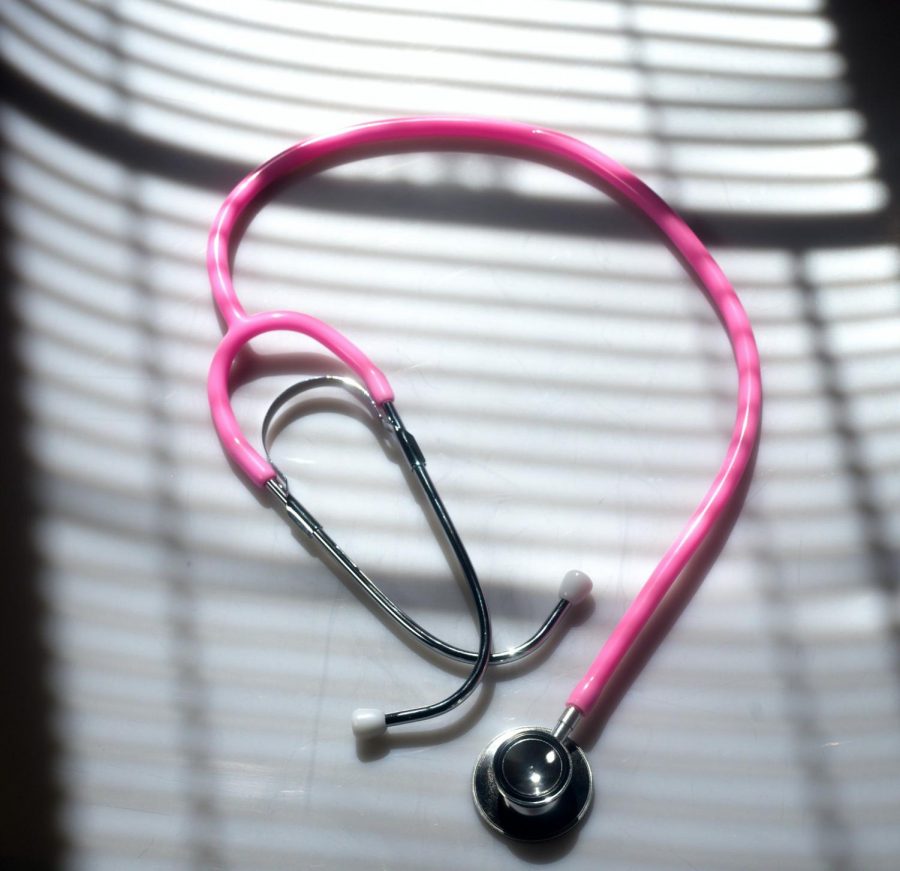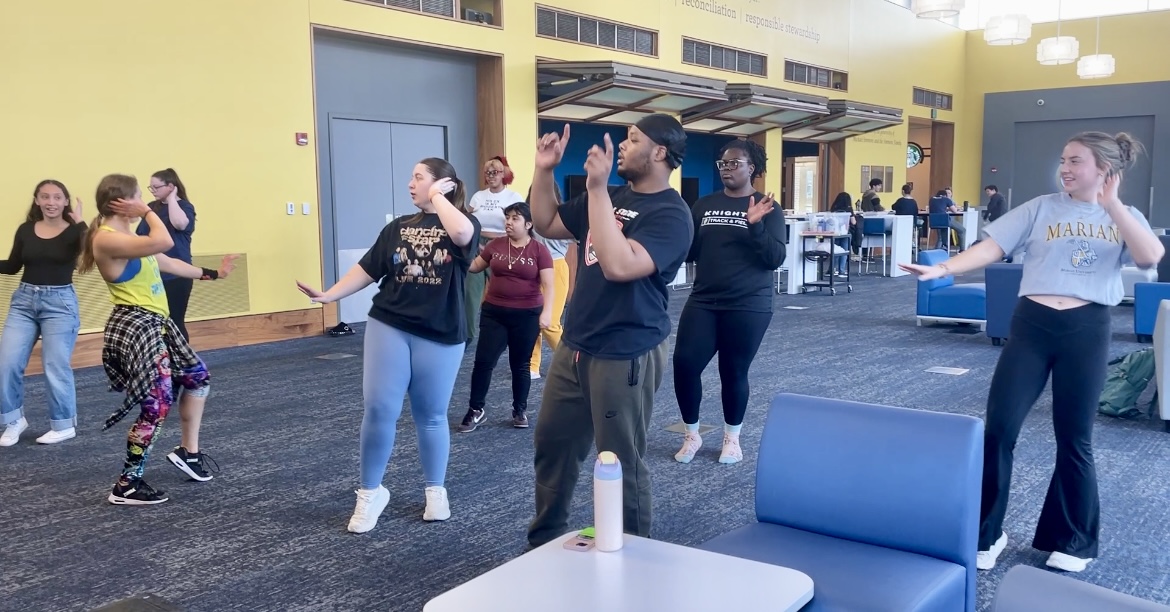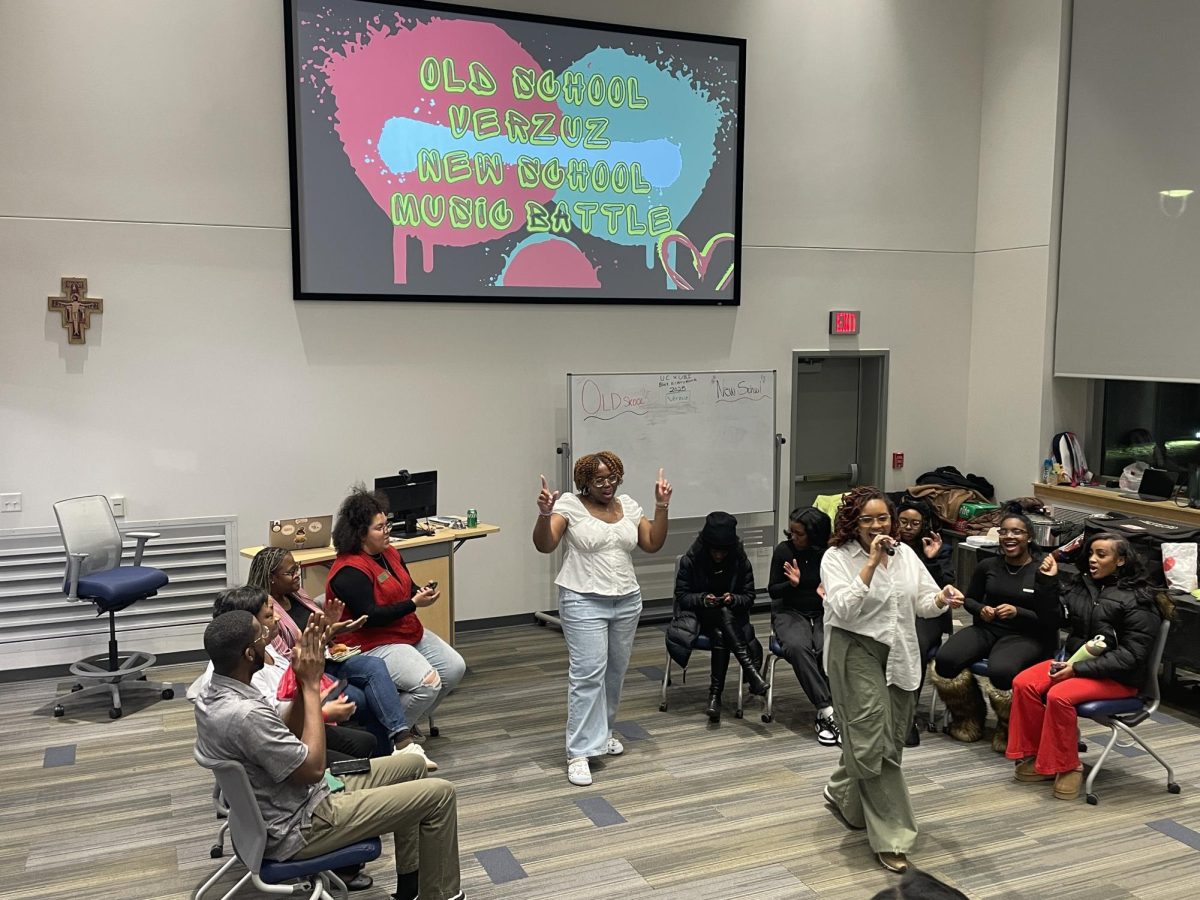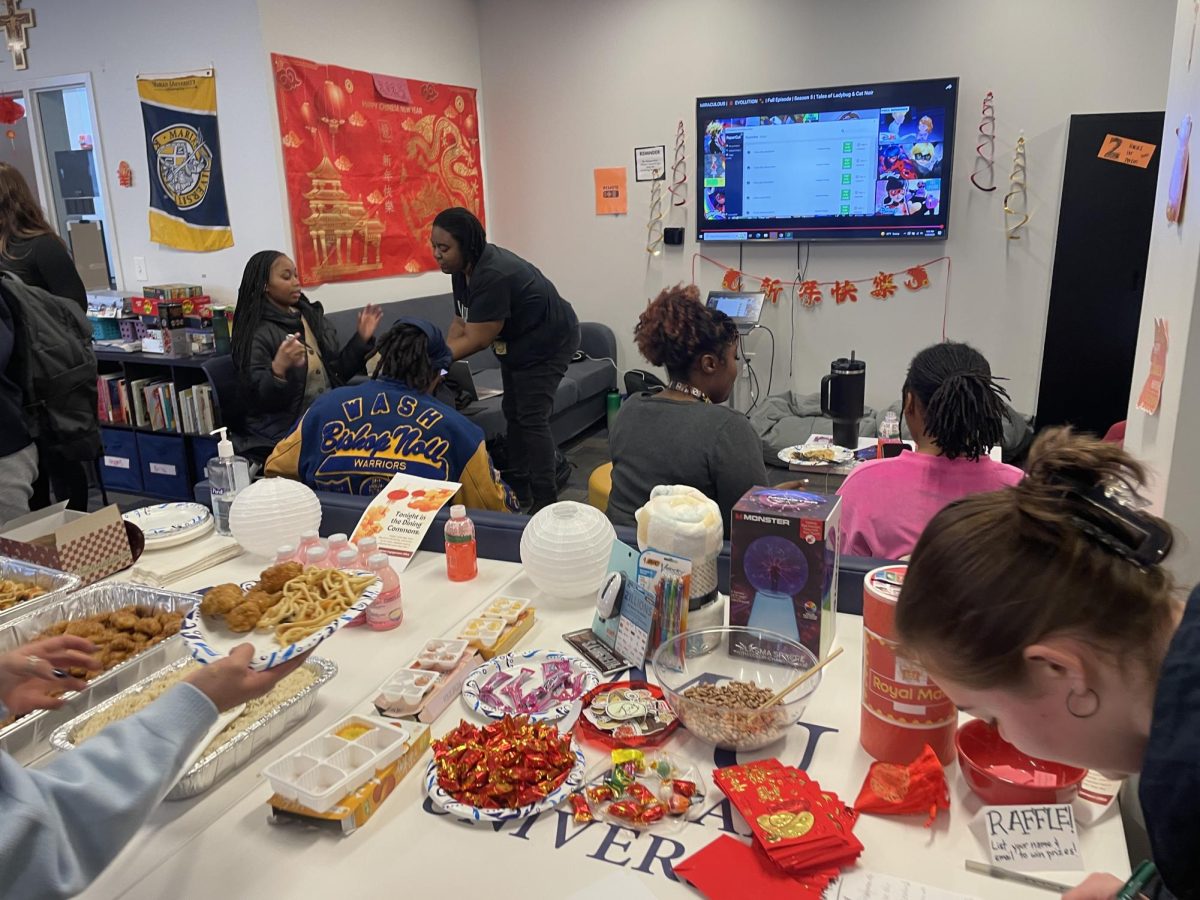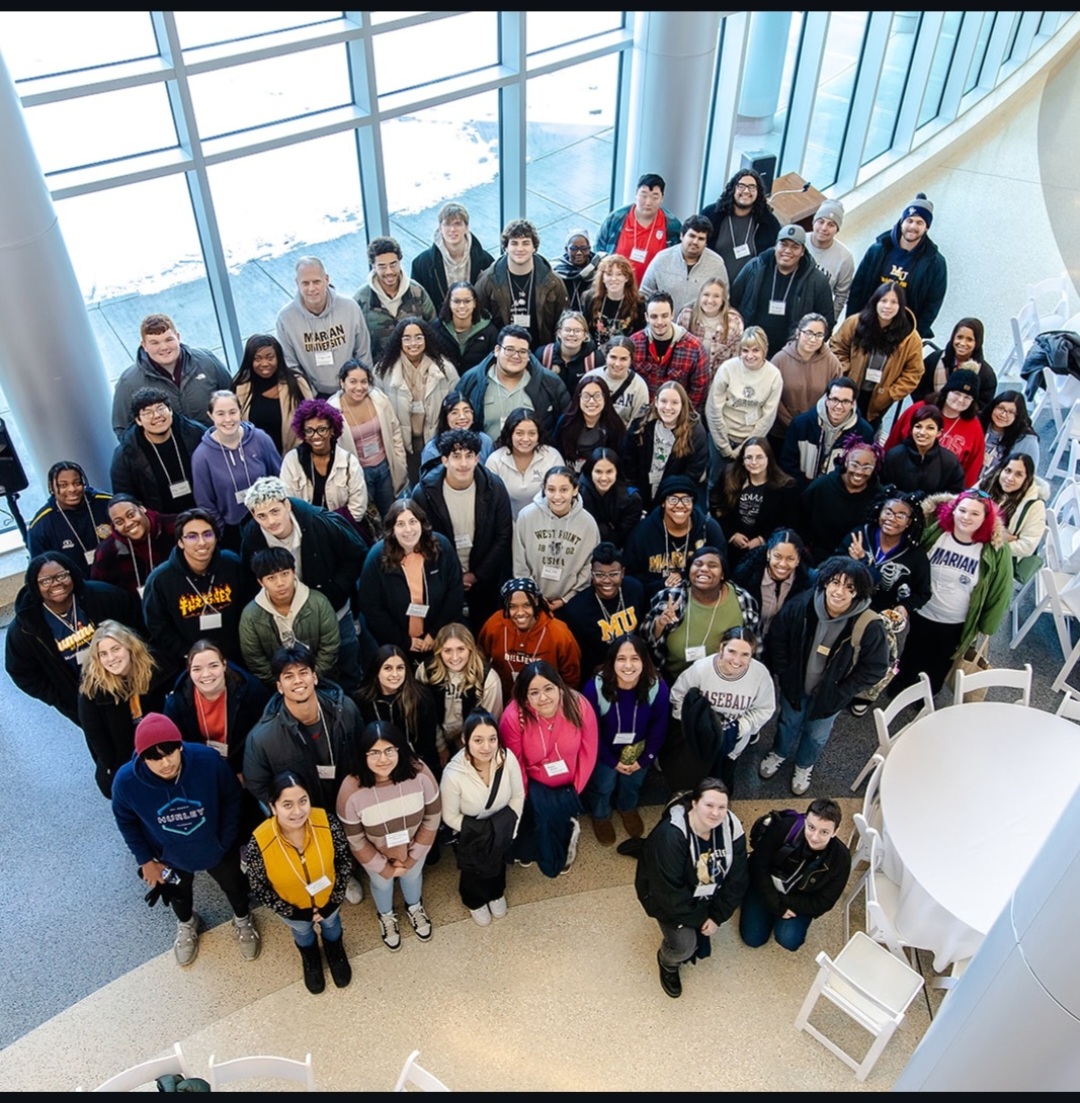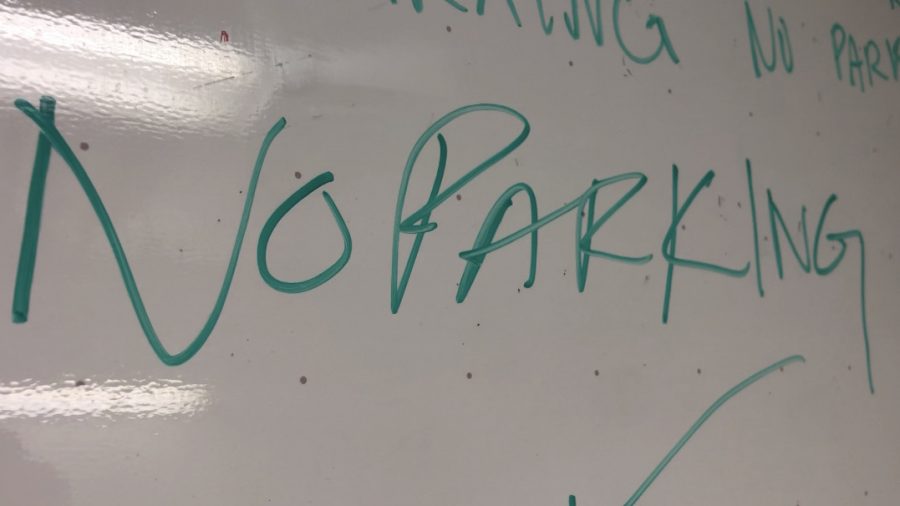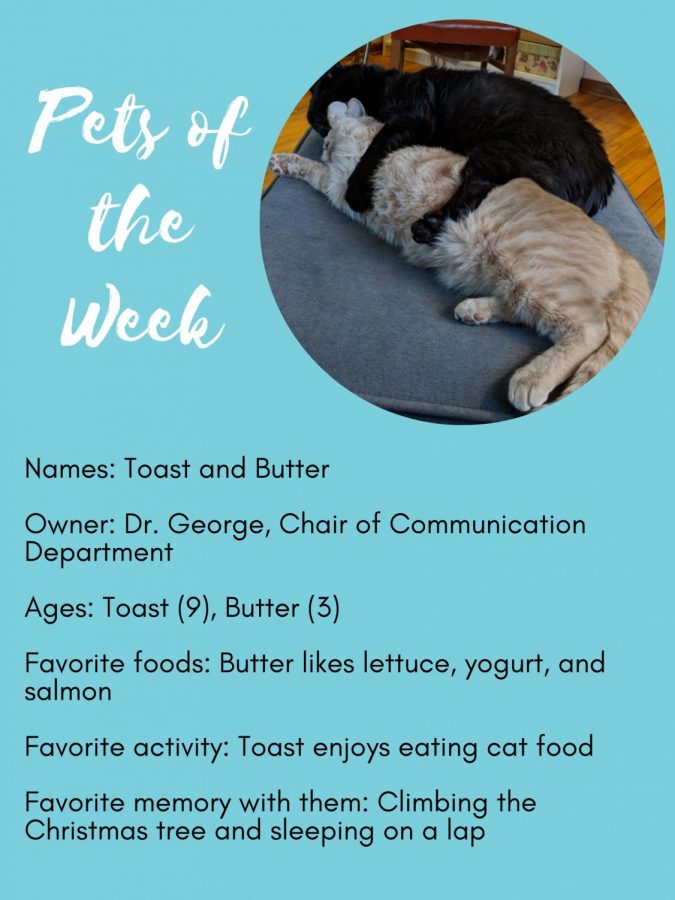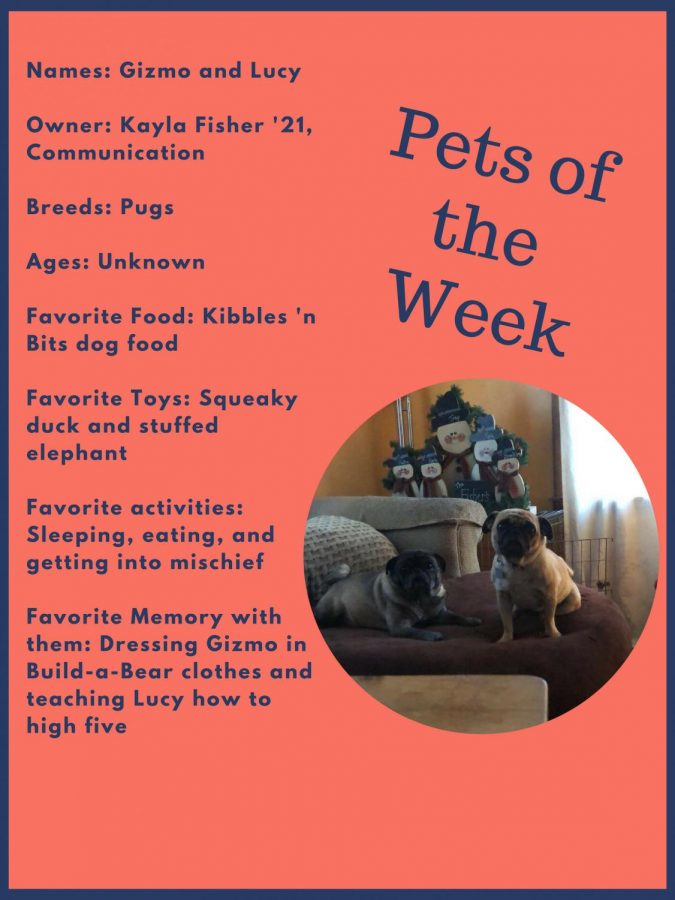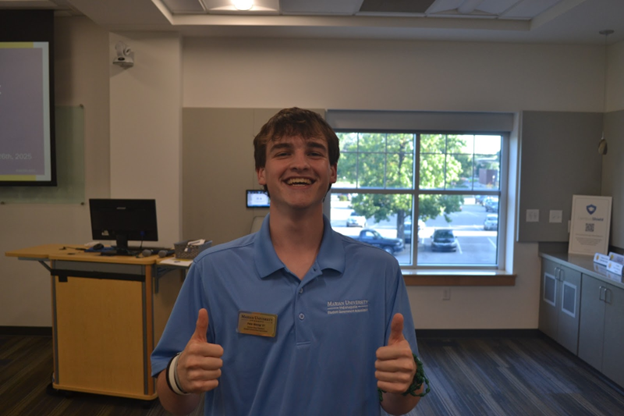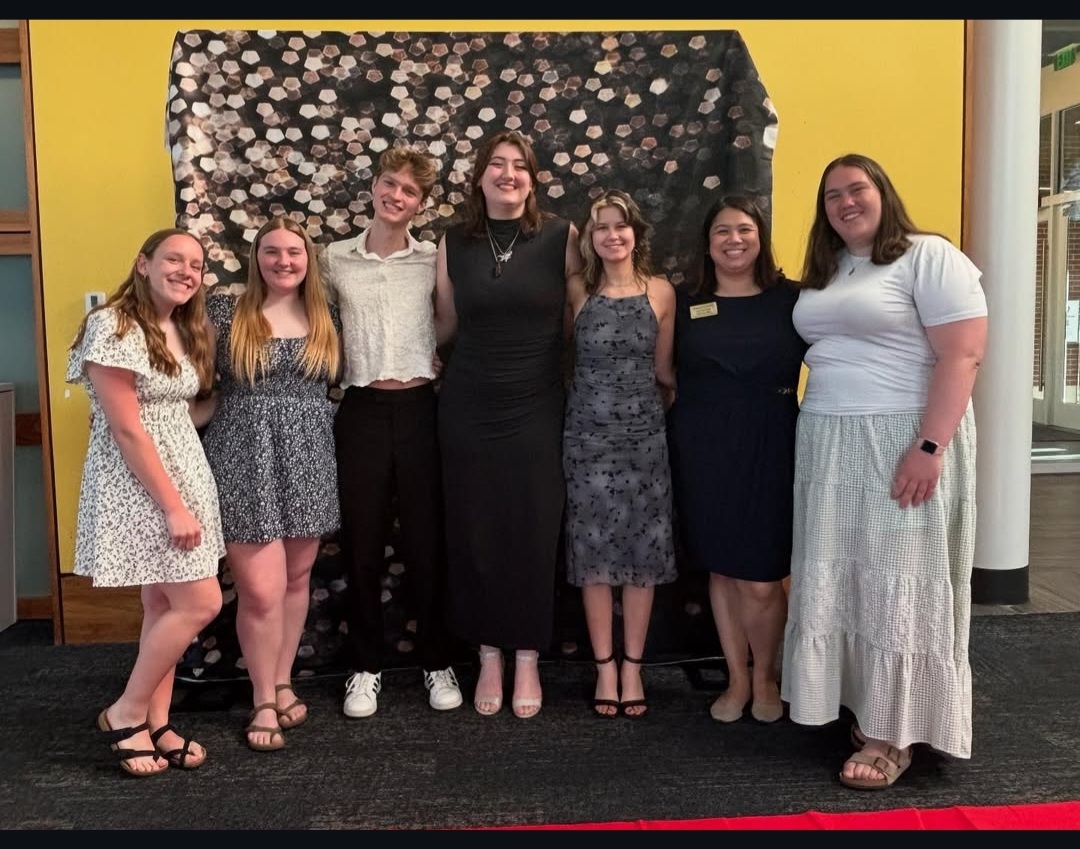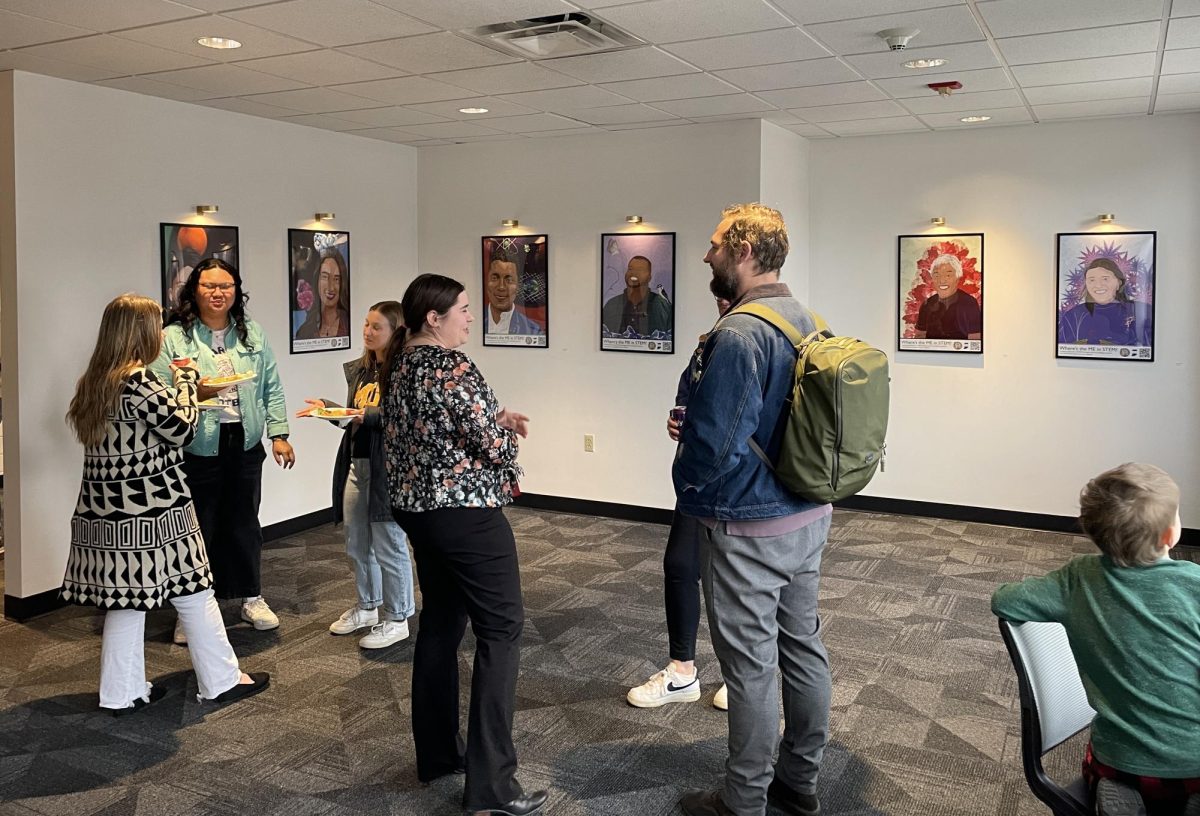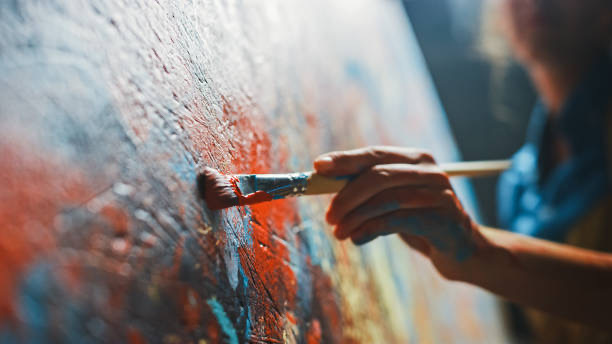Deaf Awareness Night
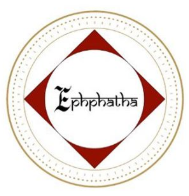
December 12, 2019
On October 29, Marian hosted Deaf Awareness Night, or “Ephphatha,” organized by Marian sophomores, Lucy Wahnsiedler and Drew Sullivan. This event hosted a variety of speakers who shared their stories about being deaf themselves or having deaf children. The speakers illustrated the importance of cultural competency, an awareness of Deaf culture, and the powerful impact American Sign Language (ASL) has had for deaf individuals to communicate.
Terry Huser, owner of Huser Home Health, a deaf-friendly, homecare business, shared that he has three children who are deaf. His family speaks through ASL. While he thought about cochlear implants for his kids, he decided against it.
He said, “American Sign Language is their language and Deaf culture is their culture.”
He shared that while his kids are deaf, they can do anything other kids can. It is important to have cultural competency so that people can respect Deaf individuals.
Gabriel Palone, a history professor at Indiana School for the Deaf, spoke next. He grew up completely deaf.
He said, “I didn’t know hearing was a thing until I was seven years old. I remember asking my mom, why are people’s mouths moving?”
He spoke through an interpreter about the importance of sign language for the Deaf community. He said, “For the Deaf here, ASL is that language.”
The intention of the event is to teach importance and awareness of Deaf culture. Throughout her speech, Wahnsiedler reiterated the significance of the event.
She said, “Since the greater Indianapolis area has such a significant deaf population, and Marian is only four miles away from ISD, it is important to gain cultural literacy about this community.”
Lack of cultural awareness can often ostracize the Deaf community, so Wahnsiedler created this event to bring knowledge about Deaf culture.
The next speaker, Char Ottinger, a nurse and instructor for IU Health, shared that sign language is the third most requested translation. Still, many people who are deaf do not receive adequate care and aid.
She said, “There are a lot of healthcare disparities in the deaf community,”
Deaf individuals who have interpreters have a more accurate health report and a clearer understanding of their care and treatment. ASL interpreters are currently in high demand.
This event shed light on what it truly is like to be deaf and to raise awareness for the need of translators for the community. More information for interested individuals will be provided at a Deaf Awareness Club next semester.
*The capitalization of the word “Deaf” is because the Deaf community views it as a proper noun as it represents their identity
